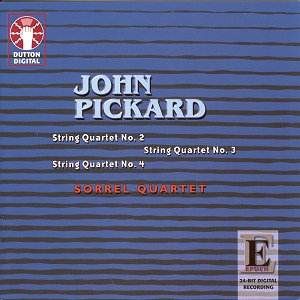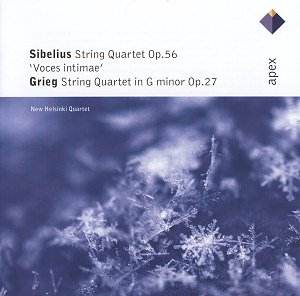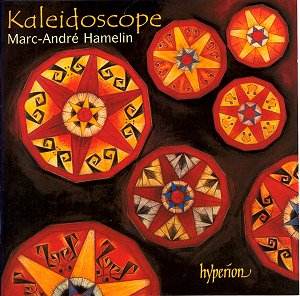 Composer: John Pickard
Composer: John Pickard
Works: String Quartet No.2 (1993), String Quartet No.3 (1994), String Quartet No.4 (1997/8)
Performers: Sorrel Quartet
Recording: The Maltings, Snape, December 2001
Label: DUTTON CDLX 7117
John Pickard, born in 1963, emerges as a distinctive voice in contemporary classical music, particularly noted for his string quartets, which reflect a synthesis of tradition and innovation. This recording features his String Quartets No.2 through No.4, encapsulating nearly a decade of compositional evolution from 1993 to 1998. Each quartet bears the hallmark of Pickard’s unique voice, diverging from the influences of Bartók and Shostakovich while maintaining a palpable connection to their rich legacies. The Sorrel Quartet, known for their insightful interpretations, breathe life into these complex works, showcasing Pickard’s vivid musical language.
The String Quartet No.2 is a compact single-movement piece that unfolds in three contrasting sections. The opening is animated, setting a vigorous pace that quickly transitions into a slow movement characterized by a deeply expressive viola solo. This lyrical interlude serves as a poignant counterbalance to the lively finale, which culminates in an energetic and optimistic conclusion. The Sorrel Quartet’s interpretation here is particularly noteworthy; they navigate the transitions with finesse, capturing the emotional breadth of the work. The interplay between the instruments is deftly handled, with the viola’s voice emerging as a clear focal point during the slow movement, revealing an impassioned depth that resonates profoundly.
In contrast, the String Quartet No.3 exhibits a more substantial structure, comprising three movements that explore a wide emotional palette. The first movement opens with a strikingly aggressive gesture, establishing a turbulent atmosphere that is skillfully maintained throughout. The second subject introduces a lyrical theme, which the performers articulate with a delicate touch that tempers the preceding intensity. The Sorrel Quartet’s momentum is commendable, particularly as they seamlessly transition into the slow movement, a meditative exploration that builds to an impassioned climax. Their attention to dynamics and pacing allows the music to breathe, making the eventual return to the calmer opening feel both inevitable and profoundly satisfying.
The String Quartet No.4, dedicated to the Sorrel Quartet, departs from the earlier works with its innovative format. The first movement, Sinfonia, serves as a stately overture, while the second movement, Concerti, presents a playful set of character sketches. Here, the performers exhibit exceptional versatility; the slightly ironic waltz for the viola, the mock Italian Concerto for the second violin, and the intense recitative for the cello are each rendered vividly, highlighting the individual personalities of the quartet members. The final movement, Fantasia of Four Parts, showcases Pickard’s contrapuntal mastery, evolving from a contemplative opening to an exuberant conclusion. The ensemble’s cohesion is particularly impressive, as they navigate the intricate counterpoint with precision and clarity, culminating in a spirited finish that encapsulates the quartet’s overall character.
The sound quality of this recording is exceptional, capturing the nuances of the instruments with clarity and depth. The engineering at The Maltings, Snape, allows the listener to appreciate the textural intricacies of Pickard’s writing. Each voice emerges distinctly, yet the blend of timbres creates a cohesive sound that is both rich and vibrant. This recording holds its own against other notable interpretations of contemporary quartets, providing a fresh perspective on Pickard’s music that is both accessible and intellectually engaging.
The Sorrel Quartet’s dedication and conviction in performing John Pickard’s string quartets not only illuminate the composer’s intricate musical language but also position these works as significant contributions to the string quartet repertoire. Their interpretative choices enhance the emotional and structural integrity of the music, making this recording an essential addition for both enthusiasts of contemporary classical music and those interested in the evolution of the string quartet form. Such compelling performances invite further exploration of Pickard’s oeuvre, a prospect that is both exciting and richly rewarding.



